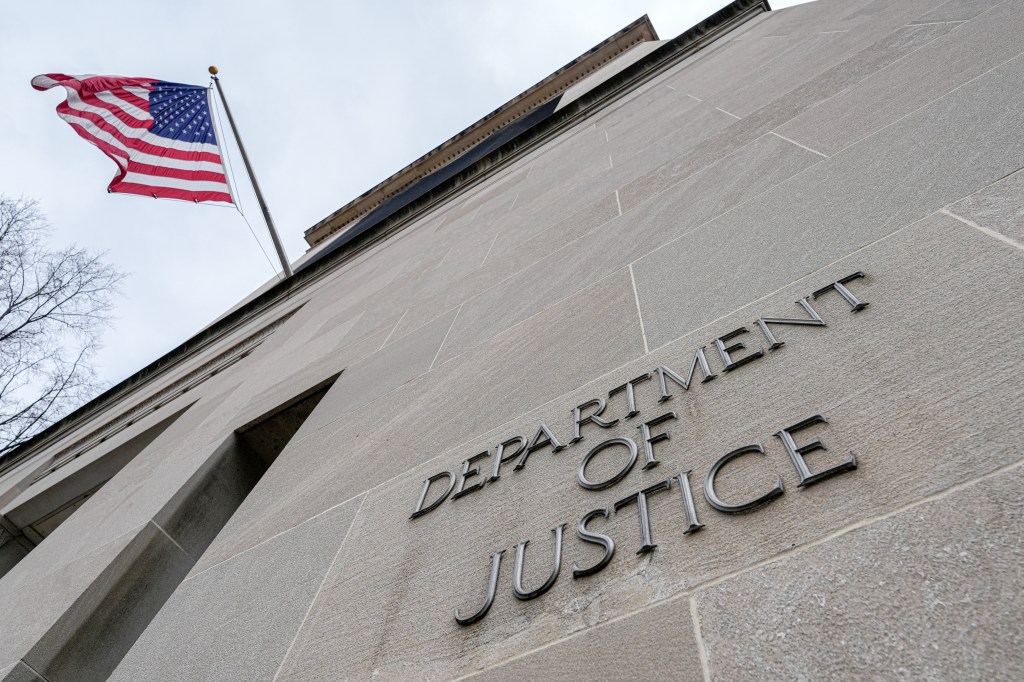India, with its vast population and burgeoning economy, is rapidly becoming a global hub for artificial intelligence (AI) innovation. The country’s demographic dividend, coupled with a strong focus on technology adoption, has created a fertile ground for AI development. In the financial services sector, AI is transforming traditional processes, enhancing customer experiences, and driving efficiency. From fraud detection to personalized financial advice, AI is playing a pivotal role in shaping the future of India’s financial landscape.
We spoke to Gaurav Bhalla, a partner heading the Technology, Intellectual Property, Data Protection and Online gaming practice areas at Ahlawat & Associates, to discuss India’s national strategy for AI and opportunities for growth and innovation.
What is India’s definition of “AI”?
India currently doesn’t have any specific legislation for regulation of artificial intelligence. Further, none of the other sectoral Indian legislations draw any reference to AI. Accordingly, there isn’t any official definition of AI in India.

Photo: Ahlawat & Associates
However, The Principles for Responsible AI published by the Niti Aayog (India’s premier think-tank) in February 2021 defines AI as – “a constellation of technologies that enable machines to act with higher levels of intelligence and emulate the human capabilities of sense, comprehend and act.” It continues: “Computer vision and audio processing can actively perceive the world around them by acquiring and processing images, sound, and speech. The natural language processing and inference engines can enable AI systems to analyse and understand the information collected. An AI system can also take decisions through inference engines or undertake actions in the physical world. These capabilities are augmented by the ability to learn from experience and keep adapting over time.”
Is there a national strategy for AI?
Niti Aayog had published the National Strategy for Artificial Intelligence in June 2018. Among other things, this document mentions that there should be focus on five sectors that are envisioned to benefit the most from AI in solving societal needs:
- Healthcare: increased access and affordability of quality healthcare;
- Agriculture: enhanced farmers’ income, increased farm productivity and reduction of wastage;
- Education: improved access and quality of education;
- Smart cities and infrastructure: efficient and connectivity for the burgeoning urban population; and
- Smart mobility and transportation: smarter and safer modes of transportation and better traffic and congestion problems.
Further, the document also identifies the following barriers for the objective of ensuring availability and access to AI for all:
- lack of broad-based expertise in research and application of AI;
- absence of enabling data ecosystems – access to intelligent data;
- high resource cost and low awareness for adoption of AI;
- privacy and security, including a lack of formal regulations around anonymization of data; and
- absence of collaborative approach to adoption and application of AI.
The document also proposes a two-tiered structure to address India’s AI research aspirations:
- Centre of Research Excellence (CORE) focused on developing better understanding of existing core research and pushing technology frontiers through creation of new knowledge;
- International Centers of Transformational AI (ICTAI) with a mandate of developing and deploying application-based research. Private sector collaboration is envisioned to be a key aspect of ICTAIs.
Is there a regulatory authority for AI?
India currently doesn’t have any regulatory authority for supervising the use or development of AI. However, the Ministry of Commerce and Industry has established an “Artificial Intelligence Task Force“, with one of the objectives of the Task Force being the establishment of some form of AI regulatory authority
Is there any regulation or guidance on AI?
As mentioned above, India doesn’t have any statute for regulation of AI. However, the Niti Aayog has published three sets of documents listed below:
- National Strategy for Artificial Intelligence (June 2018);
- Principles for Responsible AI (2021);
- Operationalizing Principles for Responsible AI (August 2021).
In addition to this, there have been two sectoral documents which deal with AI in limited manner:
- The Securities and Exchange Board of India issued a circular in January 2019 containing reporting requirements for AI and machine learning applications and systems offered and used by various participants in the securities sector.
- The Strategy for National Digital Health Mission identifies the need for the creation of guidance and standards to ensure the reliability of AI systems in health.
Do any of these rules apply to AI in financial services?
As regards the financial sector, SEBI (Securities and Exchange Board of India) issued a circular for reporting for AI and machine learning (ML) applications and systems offered and used by market intermediaries. This circular requires Stock Brokers / Depository Participants to undertake quarterly reporting of AI/ML based application/system being used by them. The circular further requires Stock Exchanges and Depositories to prepare a report (on a quarterly basis) based on the information provided by the Stock Brokers / Depository Participants.
The circular identifies the following non-exhaustive list of applications/systems, the use of which needs to be reported:
- Natural Language Processing (NLP), sentiment analysis or text mining systems that gather intelligence from unstructured data;
- Neural Networks or a modified form of it.
- machine learning through supervised, unsupervised learning or a combination of both;
- a system that uses statistical heuristics method instead of procedural algorithms, or the system / application applies clustering or categorization algorithms to categorize data without a predefined set of categories;
- a system that uses a feedback mechanism to improve its parameters and bases it subsequent execution steps on these parameters;
- a system that does knowledge representation and maintains a knowledge base.
Have there been any civil or criminal cases around AI?
There have been two reported instances in India where the Court used AI for assistance on some issue in the case:
- In March 2023, the Punjab and Haryana High Court used ChatGPT in a bail hearing involving accused Jaswinder Singh who had assaulted an individual leading to his death. The judge used the AI Model to seek information about bail jurisprudence in cases involving “cruelty” while committing a homicide and was given information to the effect that bail can be denied in such cases.
- In May 2024, the Manipur High Court used GPT 3.5 to obtain information pertaining to Manipur’s Village Defence Force (VDF). In this case, a member of the VDF had filed a suit before the Court for incorrect dismissal from service.
In addition to this, a copyright registration had also been granted by the Indian Copyright Office to an AI generated work with RAGHAV (the AI) being recognized as the co-author in the application. However, later this copyright registration was later revoked by the Copyright Office.
What are the main privacy issues?
The document titled Operationalizing Principles for Responsible AI published by the Niti Aayog in August 2021 mentions that AI is highly reliant on data for training, including information that may be personal and/or sensitive (Personally Identifiable Information), giving rise to:
- risk that entities may use personal data without the explicit consent of concerned persons;
- the possibility to discern potentially sensitive information from the outputs of the system.
Since India doesn’t have a statute which recognizes AI, these aren’t currently regulated in India. Also, while the Indian Government has passed the Digital Personal Data Protection Act 2023 (which is currently not in force), the statute does contain a provision for the establishment of a specific regulator termed as the “Data Protection Board of India”.
What are the top three opportunities and challenges ahead?
I anticipate that the opportunities being offered by AI in India include: (i) immense scope for economic growth and innovation, (ii) improvement in healthcare, and (iii) enhanced education and skill development.
On the other hand, I anticipate that the three challenges posed by AI in India will be: (i) ethical and privacy concerns, (ii) economic inequality, and (iii) lack of regulation and governance.
















